Chittagong, May 02 (V7N) – The United Nations will be approached to independently evaluate the role of the media and journalists in Bangladesh over the past 16 years, in an effort to present the truth to the global community, according to Shafiqul Alam, Press Secretary to the Chief Advisor of the interim government.
Speaking at a discussion titled “Bangladesh after the July Revolution: Challenges of the Media” at the Chittagong Press Club on Friday (May 2), Alam stated that freedom of expression and press in Bangladesh has reached unprecedented levels under the current administration. He emphasized that the interim government believes in the right to free speech for all citizens, including media professionals.
Addressing the recent dismissal of three journalists from separate media houses, the Press Secretary clarified that the government had no involvement in those decisions. "These were internal matters of the respective organizations," he asserted.
Alam also announced the formation of an investigative committee to probe allegations against journalists who reportedly handed over protesting students to the police during the anti-discrimination movement in Chittagong in July.
The Press Secretary criticized foreign media, particularly from a neighboring country, for spreading misinformation about Bangladesh with alleged support from the Awami League. "As the upcoming elections approach, these efforts to distort the truth will intensify. We urge everyone to stay vigilant and distinguish between truth and propaganda," he warned.
Deputy Press Secretary Abul Kalam Azad Majumder, who presented a concept paper at the event, echoed similar sentiments. He said the interim government has welcomed criticism, even allowing critical voices on state-run media. "This would have been unimaginable in the recent past," he added.
He noted that panel discussions on private TV channels now include diverse political views, including criticism of the head of government, and no punitive actions have been taken against participants or media houses. “In contrast to previous regimes, intelligence agencies no longer dictate who can speak on air,” Majumder said.
Majumder emphasized that true journalism can only thrive when reporters are free to work without fear or interference. “In today’s information age, nothing stays hidden. What matters is that a journalist must be able to tell the truth, free of pressure or intimidation,” he said.
The discussion was also attended by BFUJ Acting President Obaidur Rahman Shahin, Secretary General Kaderghani Chowdhury, Chittagong Press Club Member Secretary Jahidul Karim Kochi, President of Chittagong Metropolitan Journalists Union Md. Shahnawaz, among others.
END/MSS/AJ



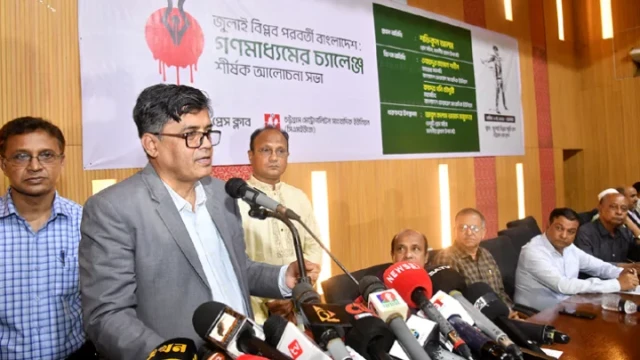
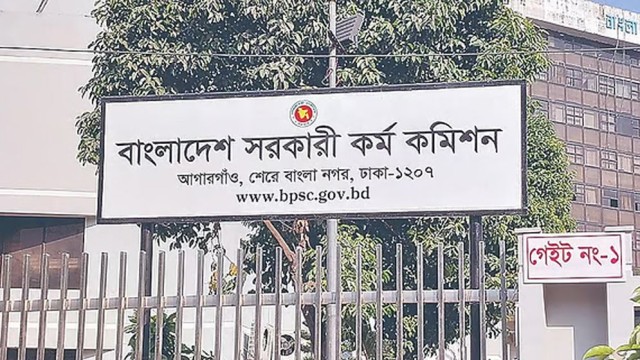
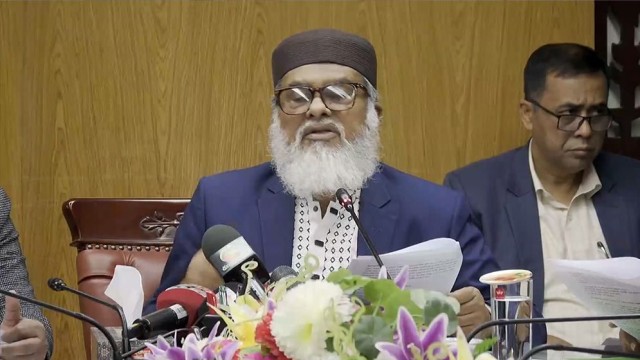
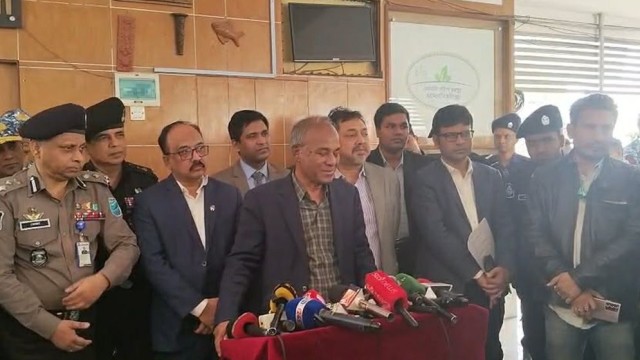

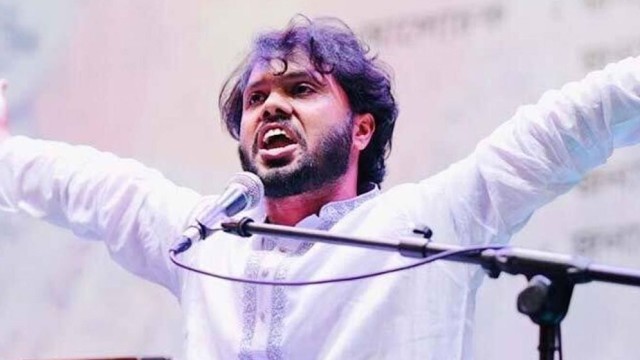
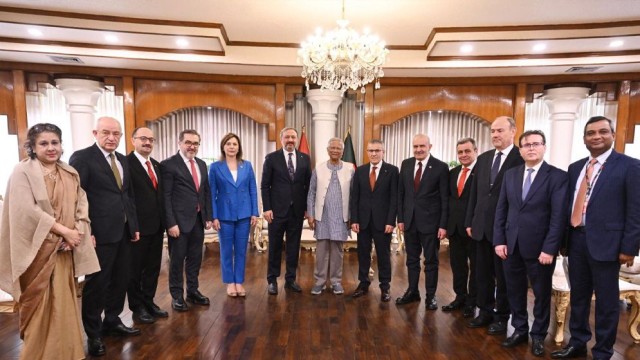





















Comment: